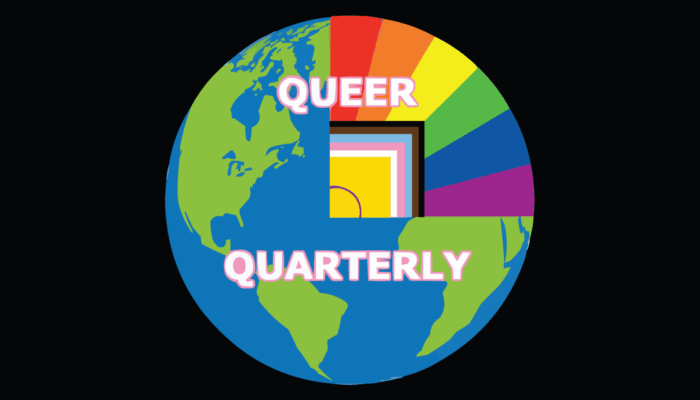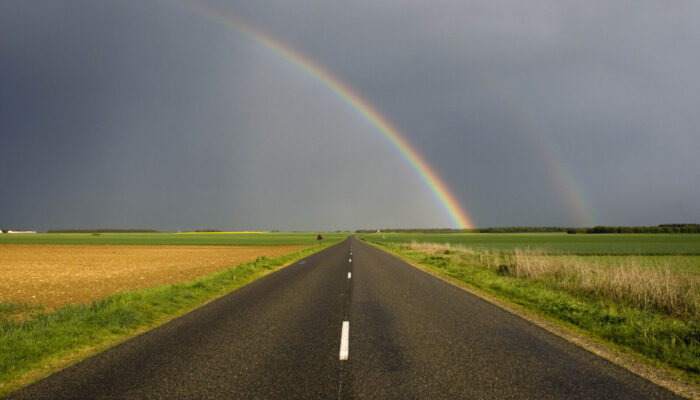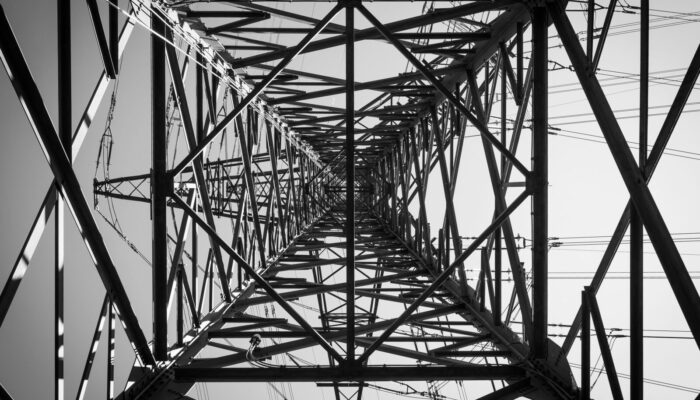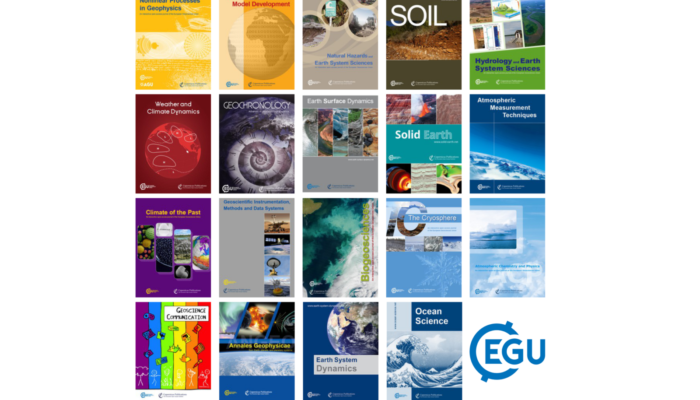It’s pride month and we are delighted to feature a post on queer inclusion in fieldwork written by members of EGU’s pride group. Queer Quarterly is the blog series of the EGU pride group, an LGBTQIA+ team of geoscientists engaged to uphold and improve the rights of the community at EGU. This quarterly post is based on the EGU Webinar Uneven Ground 2 on improving fieldwork accessibility ...[Read More]
Pride Month: support your LGBTQ+ colleagues in science
Imagine this: you are at work, casually discussing your weekend plans with colleagues. One is planning a hike with her husband. Another jokes about meeting his girlfriend’s parents for dinner, nerves barely concealed. Then you mention a date night with your partner. The conversation halts. The atmosphere becomes taut. One of your colleagues makes a swift exit. Later that day, your boss calls you i ...[Read More]
Urban resilience in the age of energy interdependence: Lessons from the 2025 Iberian blackout
On April 28, 2025, the Iberian Peninsula experienced an unprecedented power outage that plunged Spain and Portugal into darkness for hours. This large-scale blackout disrupted daily life for millions and exposed the vulnerabilities inherent in contemporary energy infrastructures. It also highlighted the critical importance of cross-border energy cooperation in mitigating such crises. In a striking ...[Read More]
GeoRoundup: the highlights of EGU Journals published during May!
Each month we feature specific Divisions of EGU and during the monthly GeoRoundup we put the journals that publish science from those Divisions at the top of the Highlights section. During this month, we are not featuring any particular divisions, but instead share the publications of all EGU journals equally. Biogeosciences Cold-water coral mounds are effective carbon sinks in the western Mediter ...[Read More]




